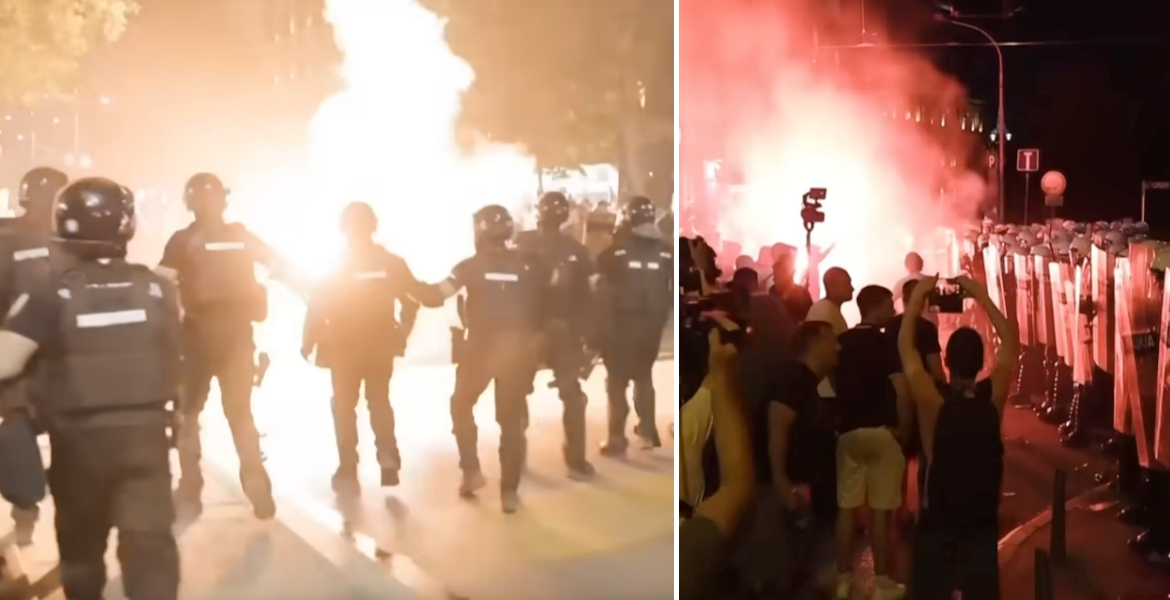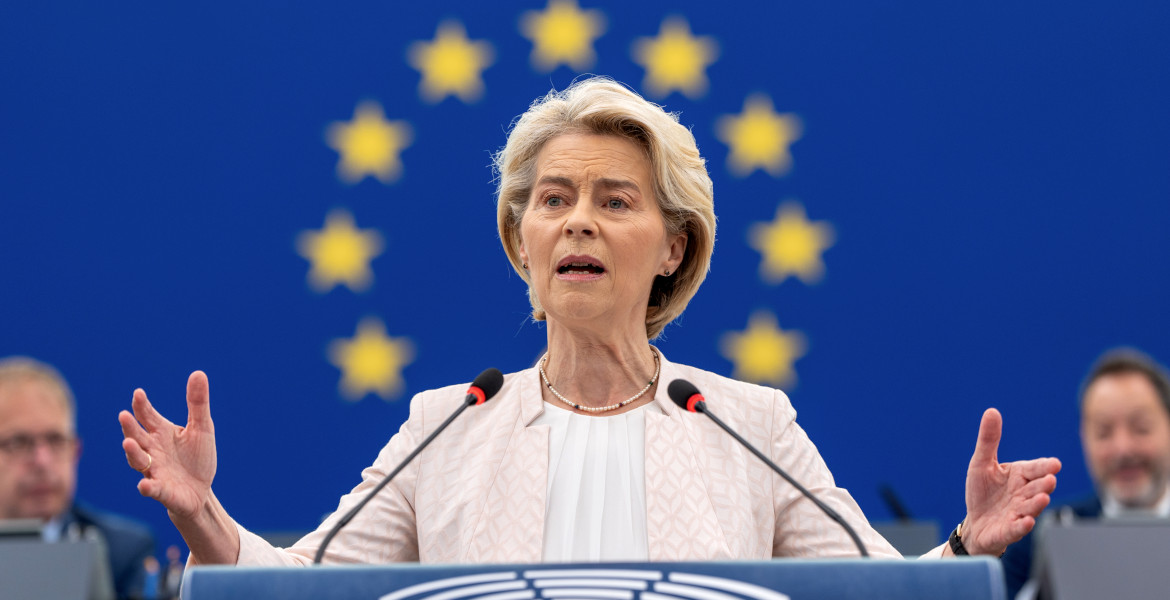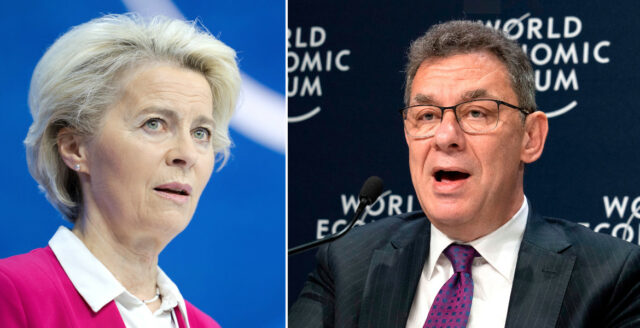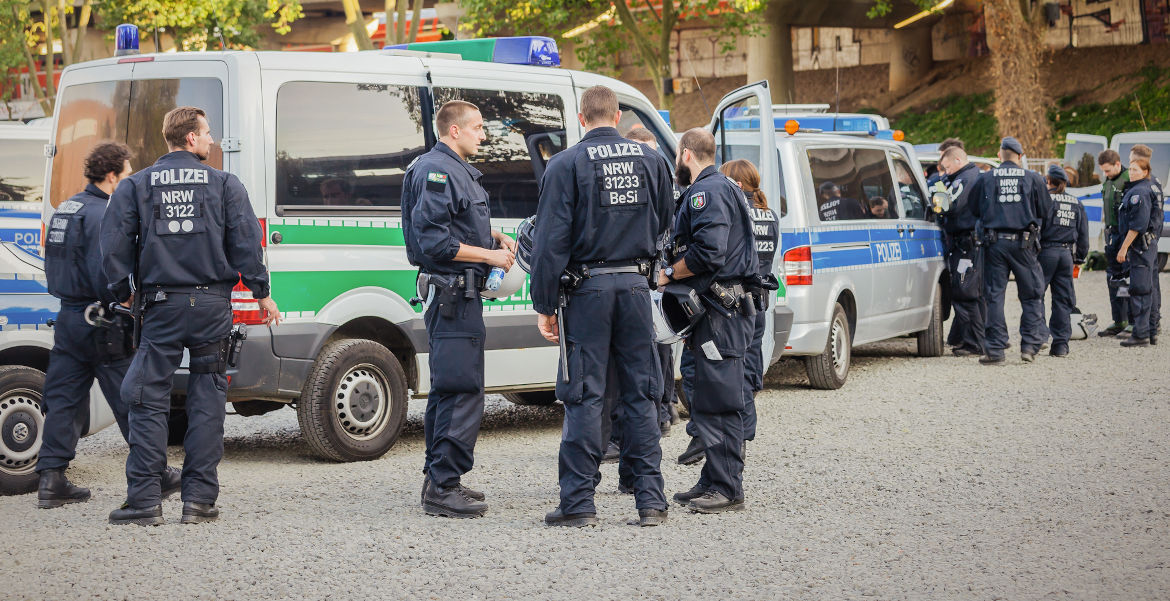A new report by the Stockholm International Peace Research Institute (SIPRI) shows that European countries have almost doubled their arms imports over the past five years. Much of this growth can be attributed to large-scale arms transfers to Ukraine.
According to the SIPRI report, arms imports from European states were 94 percent higher in 2019-23 than in 2014-18.
Ukraine, perhaps unsurprisingly, became the largest European arms importer (23%) and the fourth largest in the world during this period. This comes after more than 30 states delivered major weapons to Ukraine as military assistance from February 2022.
The second largest importers were the United Kingdom (11% of all European imports) and the Netherlands (9.0%). In terms of arms exports, another European country stands out – France.
Katarina Djokic, researcher at SIPRI, comments on the data on France’s prominent role as an exporter of military equipment.
– France is using the opportunity of strong global demand to boost its arms industry through exports. France has been particularly successful in selling its combat aircraft outside Europe.
Notably, in addition to France, Italy has also significantly increased its arms exports to various parts of the world by as much as 86%.

The United States adds fuel to the fire
Although the global volume of international arms transfers declined slightly over the same period, the role of the United States as the leading arms supplier to Europe increased. More than half of Europe’s arms imports came from the US, while countries such as Germany and France also contributed to the region’s arms supply.
SIPRI Director Dan Smith underlines the importance of the transatlantic relationship for European arms procurement policy.
– Many factors shape European NATO states’ decisions to import from the USA, including the goal of maintaining trans-Atlantic relations alongside the more technical, military and cost-related issues. If trans-Atlantic relations change in the coming years, European states’ arms procurement policies may also be modified, the SIPRI director explained in a press release.
However, Smith stresses that if the relationship changes, it could also affect how European countries choose to import arms in the future.
Russia and China cut exports
Pieter Wezeman, senior researcher in SIPRI’s Arms Transfers Program, points to the high monetary value per product ordered.
– With many high-value arms on order—including nearly 800 combat aircraft and combat helicopters—European arms imports are likely to remain at a high level. In the past two years we have also seen much greater demand for air defence systems in Europe, spurred on by Russia’s missile campaign against Ukraine.
While the United States and some European countries saw their arms exports increase over the period, Russia’s arms exports fell sharply, by as much as -53%. China’s exports also fell slightly, by -5.3%.
The report, which can be downloaded here, also highlights the continued high volume of arms reaching the Middle East, with countries such as Saudi Arabia, Qatar and Egypt among the top importers.









